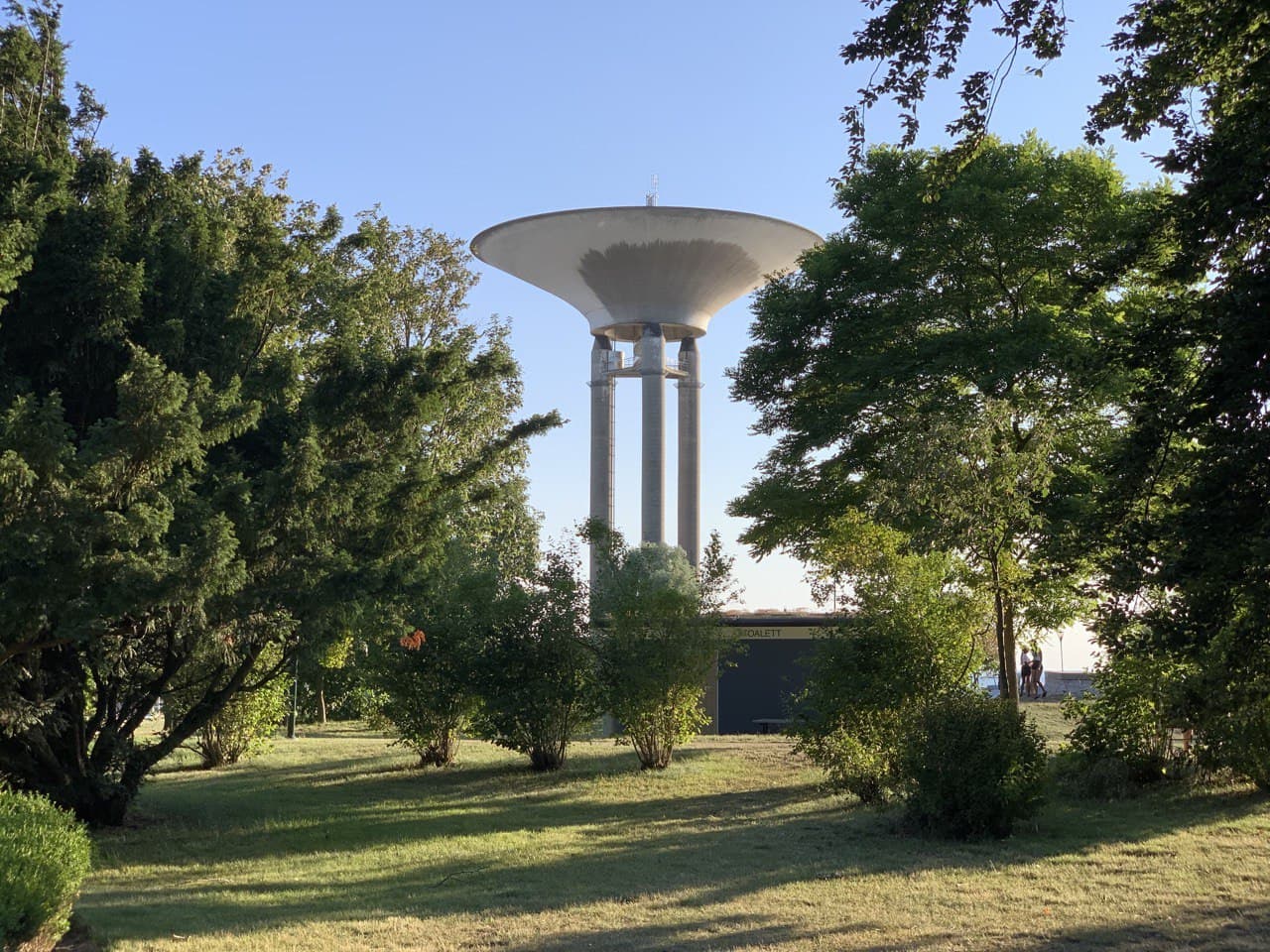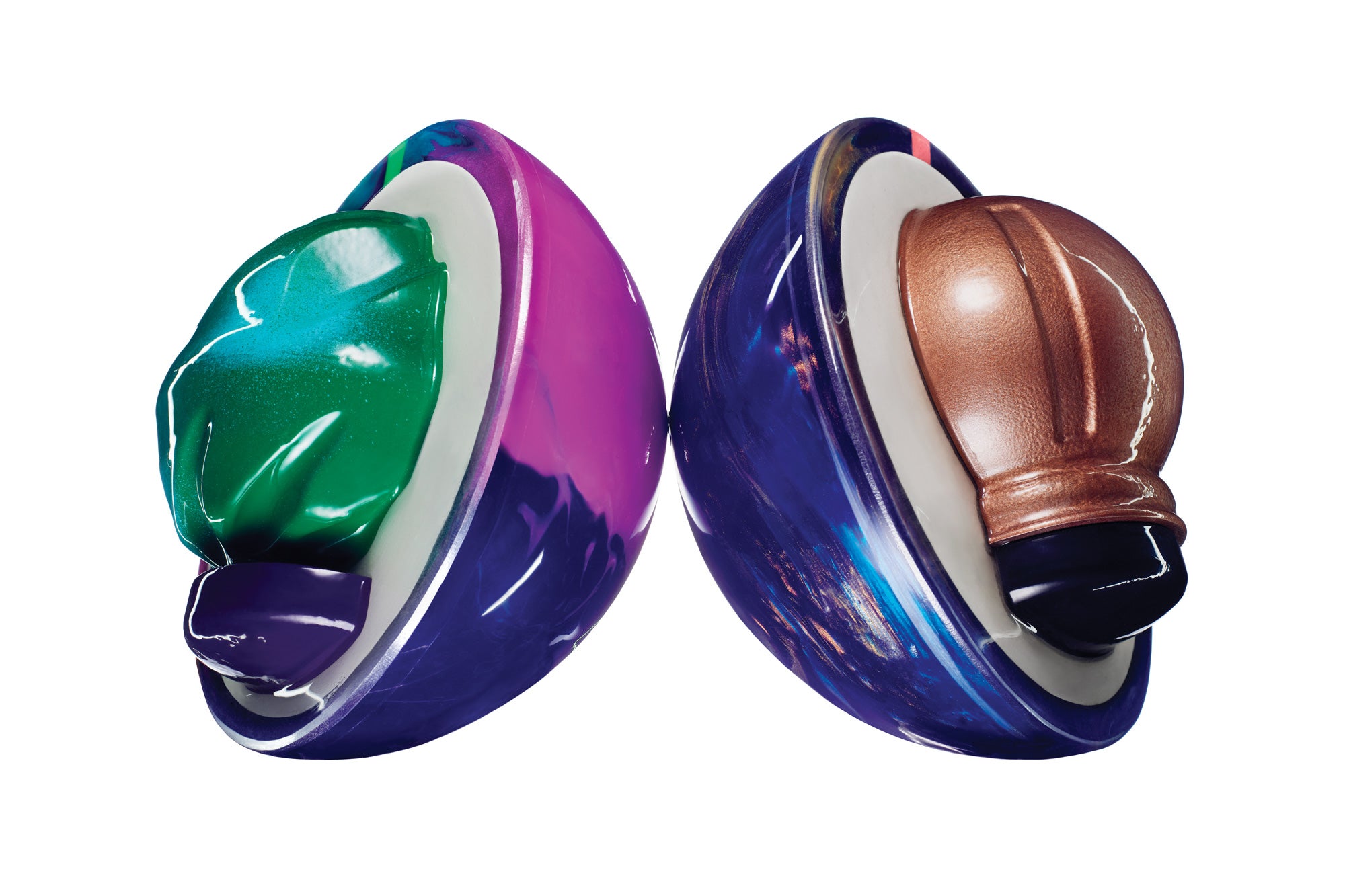Tenday Notes 21 Jul - 10 Aug 2021

Every ten days I share a quick digest of what I've been working on. Here's the latest. More in the series here. Want them in your inbox? Sign up.
I've moved house, and Helsingborg is my new home. Helsingborg is a medieval town of about 115,000 people in the south of Sweden, a little up the coast from Malmö (Sweden's third biggest city) which in turn is just over the water from Copenhagen, Denmark's capital. They're all very close to each other - less than an hour's cheap train ride away. We're also just over the water (4km) from Helsingør, which is home to Kronborg Castle - where Shakespeare's Hamlet is set. Exciting.
Helsingborg is pretty compact and very walkable, and we live in the south - about 15 minutes walk from the central station. The town is arranged along the coast, though most of the waterside in the south of the city is separated by a railway from the town, and dominated by heavy industry - a small port, a sewage treatment plant, a waste-to-energy plant. To the north, things are a bit nicer - a marina, a couple of nice beaches, some expensive apartments.
The district I live in is very multicultural, with a lot of immigrants from the Balkans and the Middle East. There is a lot of great falafel and burek. We're also five minutes from a cinema, a swimming pool, three decent supermarkets, and various parks for dog-walking. It's a really nice neighbourhood - it feels like a place where people live, rather than cars.
The apartment is great too. It's a rental, bigger than our previous place, and we've converted the biggest room into a studio where we can work from home. We've unpacked about 90% of our stuff, leaving just the final, most difficult/boring 10% which will probably just get shoved in a cupboard at some stage and stay there until we move again.
We took a week of holiday from work last week to get unpacked and get ourselves situated in our new environment. We took some small trips - to IKEA (of course), but also to touristy spots like Ven, a small island that was the home of 16th century Danish astronomer Tycho Brahe. Ven is well within sight of Helsingborg, so it was strange being somewhere distinctly different but still easily able to see where you live.
I'm back at work this week - kicking off with some planning work for the next year or so of Possible's Car Free Cities campaign, getting the last bits and pieces together for the launch of my dataviz membership programme, a bunch of editorial work for a report on natural climate solutions (trees, better agriculture, etc), and a small dataviz client project on littering. My time is seriously booked up at the moment, which is lovely and a good problem to have, but is somehow not making me worry less about the precarity of freelance life. Ah well. Onward.
The IPCC has released the first part of its sixth assessment report. This is a document painstakingly put together by an enormous international team of scientists that summarises the best available knowledge we have on climate change.

Most interesting, for me, was the interactive atlas that the IPCC has put together which shows the impact of climate change around the world for many different variables - temperature, wind speeds, frost days, snowfall, etc.

There are lots of interesting stories in there - huge decreases in wind speeds in the short term in mainland Europe. Soaring maximum temperatures in the Arctic. Less rain than ever in the Mediterranean, and much more in the Sahara. Enormous increases in air pollution in India, but similarly enormous decreases in China. Go check out what's going to happen to you in the coming 20 years.
In terms of how to respond to it, I'm just going to quote my friend Alice, who literally wrote the book on the climate crisis:
If you're looking at the news today and thinking "Fuuuuuucck", know the best thing you can do to counter feelings of doom is action. And to find the best action for you, think about what your skills and passions are, then start from there. I'm sure you'll do great.
— Alice Bell (@alicebell) August 9, 2021
The insides of pro bowling balls are wild.

A comprehensive list of quality-of-life improvements that humans (in Western society) have achieved since the 1990s.

If you've ever wondered "hmm, maybe I should start a newsletter" then here's my advice to you. Don't do it like I do it.
I've found a stable, sustainable way for me to write this newsletter after many years of trying things that didn't work. They key for me is to do a little bit every day, rather than letting it pile up. Every day I have a recurring to-do to write a segment for the newsletter. Sometimes I succeed, sometimes I don't, sometimes I succeed twice over. Sometimes I just throw in a URL or note that gets expanded later. Sometimes I write a whole lot of paragraphs. It all averages out to a nice mix of about ten things every ten days.
But I can't recommend this approach to most people. It requires a certain amount of discipline and prioritisation, and only suits this style of newsletter - a grab box of different things that you can skim over, clicking on only the bits that interest you.
For most people I would recommend a totally different approach, which also happens to be the approach that Craig Mod has just written a short essay about. The pop-up newsletter.

Pop-up newsletters are time-boxed, word-limited and about habits rather than output. Their hard edges make them achievable for almost anyone because the end is always in sight. All you need to do is get to the end of the season. If it was a huge success, then you can always start another season. If the output didn't meet your expectations then you can just not do another season - a get-out that lets you feel accomplished rather than guilty, because you still finished what you set out to do.
To that end, I'm talking to a friend at the moment about launching a pop-up newsletter which we'll co-write. Don't worry - It'll augment rather than replace this one, and hopefully serve as a forcing function for me to make more music. More on that in due course.
Here's a lovely short story by Venkatesh Rao about a billionaire going into space, which is rather deeper than it first appears. It's called The Retiree.

Recursive Recipes is a fun recipe site that asks: "how long have you got?".
If you want an apple pie and you've only got one minute, then it'll recommend you go out and buy one. If you've got two hours, it'll recommend you make a pie crust, fill it with ingredients and bake it. If you've got four days, you can also make the flour and brown sugar yourself from wheat and sugar cane. If you've got six years, you can grow the apples from seed.
Finally, a quick note that the last episode of Loud Numbers - The End of the Road - is now out. This one's about declining insect populations.

I wrote a Twitter thread about how the sonification works, and why we chose to do an episode on this particularly grim subject.
The final episode of the first season of Loud Numbers, The End of the Road, is out now - go listen to it at https://t.co/N67dXisenz. Here's a thread about why this episode scared the pants off us.
— Loud Numbers - Data Sonification Podcast (@loudnumbers) August 2, 2021






